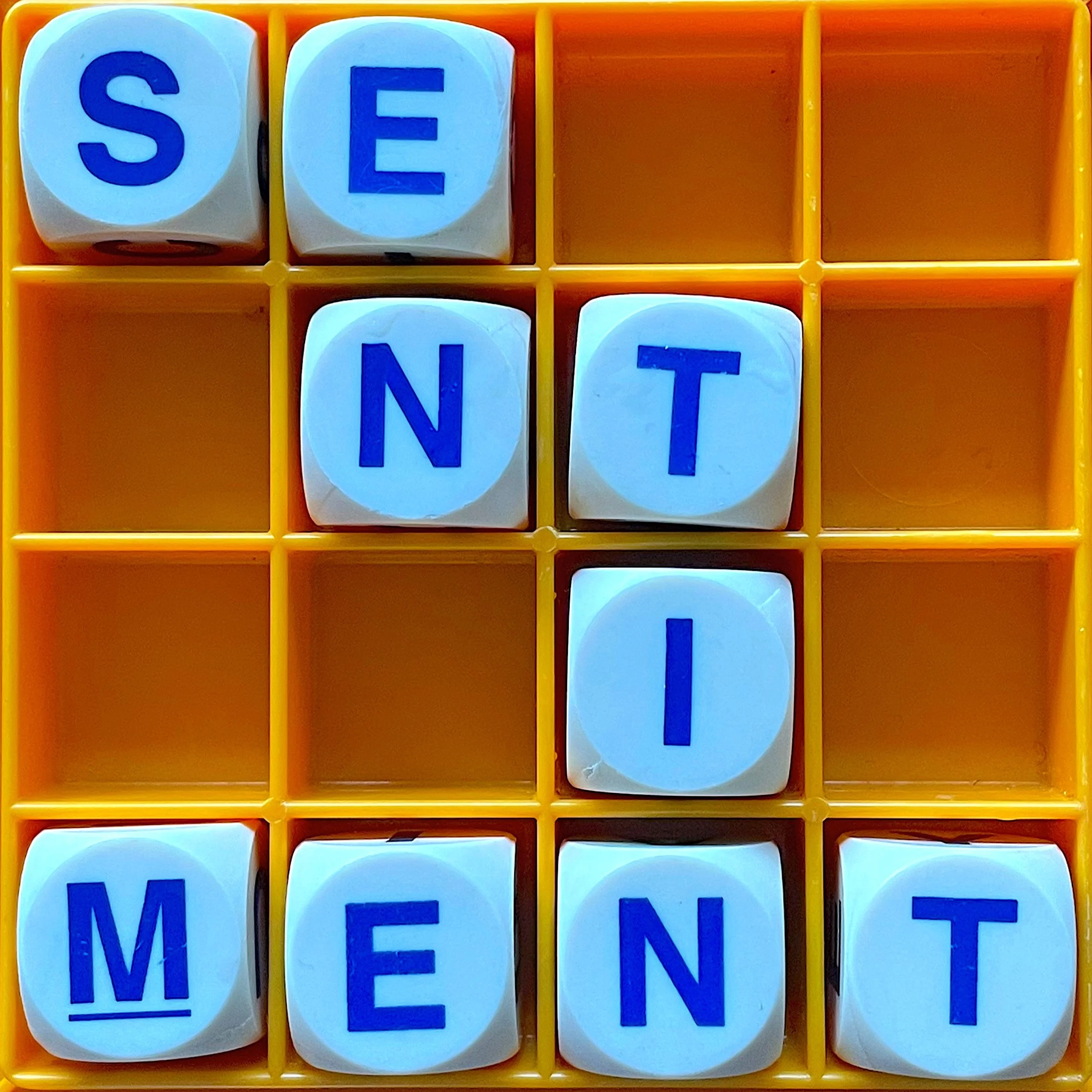MP3 • APPLE PODCASTS • RSS • STITCHER • GOOGLE • TRANSCRIPT
Empathy and kindness can be noble concepts in themselves, but as terms are thrown around enough to have become buzzwords, and in the process lose some of their meaning and purpose. Audiomakers Sandhya Dirks and Julia Furlan, and academic and podcaster Hannah McGregor, discuss the value and pitfalls of appealing to the emotions.
Content note: there are mentions of parental death, cancer in adults and babies, and suicide. There are also a few category B swears.
EXTRA MATERIALS:
Here’s how Merriam-Webster explains the difference between sympathy and empathy…
…and here’s what they might have left out.
Sympathetic medicine - and one such cure being Powder of Sympathy.
“Although the Enlightenment advocated the rigorous use of reason as the main means of achieving progress, some of its major thinkers also recognised the role of feeling or emotion, particularly in moral matters. Chief among these was Rousseau... As his career developed, Rousseau became obsessive about sentiment.”
“The media constantly replace this plurality of voices with a narrative of universal respect. If ever a dissenting voice is heard, it is as an exception that reinforces the general rule…crowd participation, whatever its actual motivation, has been reflected back to us as a collective endorsement of the monarch as head of state and of the Commonwealth (leaving no space in the nation for republicanism or anti-colonialism).”
“It’s not to say they never touched personal stories then, but zeroing in on the intimate feelings of individuals was just emerging; the deeply private was rare and only lightly explored. Areas of real intimacy and private thoughts were still often considered insensitive or in poor taste.”
“Other reality television techniques are creeping into the field [of documentary], such as “frankenbiting,” or the practice of editing different parts of dialogue together. Documentary editors often edit out “ums” or “ahs” for clarity purposes, but multiple sources say that in some cases — still rare — subjects’ words can be pieced together to punch up dialogue or help facilitate a story arc. “Frankenbiting is part of the process of editing to a certain degree, but what I’m talking about is something where the reality of what we’re seeing onscreen is often a fun house mirror version of reality,” says one veteran documentary editor.”
Otherlusionists: Objectivity, from earlier this year; and since we mention words that we don’t like being used imperatively, here’s Enjoy.
Sign up to be a patron at patreon.com/allusionist and not only are you supporting independent podcast, you get fortnightly patron-exclusive video livestreams and a Discord community full of language chat, recipe/book/TV recommendations, and exquisite spoon pics.
YOUR RANDOMLY SELECTED WORD FROM THE DICTIONARY:
immanent, adjective: existing or operating within; (of God) permanently pervading the universe. Often contrasted with ‘transcendent’.
CREDITS:
Sandhya Dirks is a correspondent for NPR on the national desk. Relevant to this episode is also this talk she gave: All Stories are Stories About Power.
Julia Furlan is an audio host, editor and educator. Find her work at juliafurlan.com.
Hannah McGregor is an academic and podcaster - hear her shows Witch, Please and Secret Feminist Agenda. Her new book is out now: A Sentimental Education, “a meditation on what it means to care deeply and to know that caring is both necessary and utterly insufficient.”
This episode was produced by me, Helen Zaltzman. The original Allusionist music is by Martin Austwick. Download his songs at palebirdmusic.com and listen to his podcasts Song By Song and Neutrino Watch.
Find the Allusionist at twitter.com/allusionistshow, facebook.com/allusionistshow, twitter.com/helenzaltzman and instagram.com/allusionistshow.


